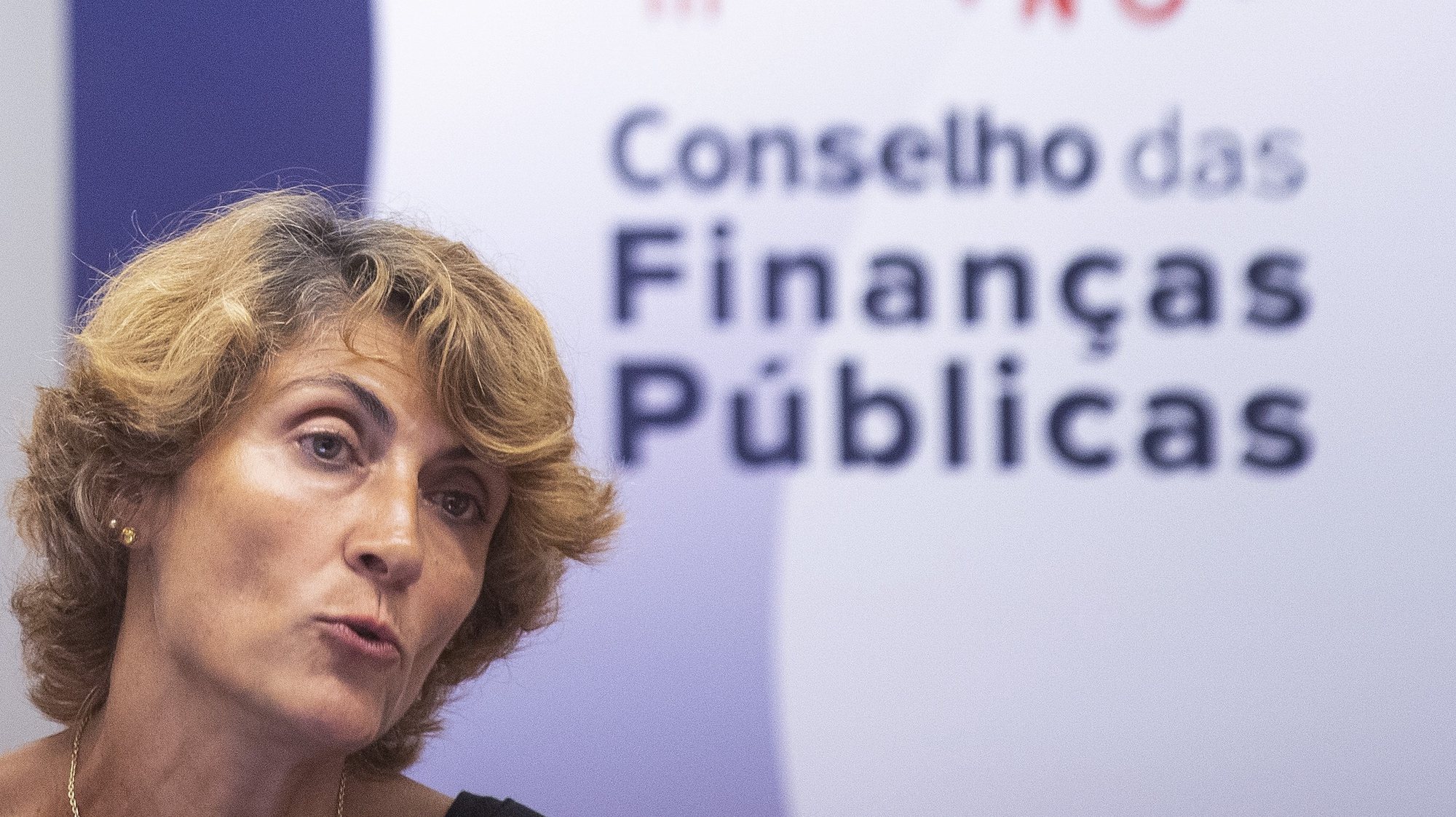Portugal was one of the European countries that quickly recovered its public accounts from the impact of the pandemic, but is “falling short” in the implementation of the European funds package which was launched precisely after the pandemic shock, the Recovery and Resilience Plan (PRR). The portrait is made this Wednesday by the Public Finance Council in a report on the budgetary evolution of public administrations in 2023.
“Public administrations eliminated the budget imbalance in 2023, reaching a surplus of 1.2% of GDP, higher than that recorded in 2019,” the organization highlights in the note released this Wednesday. The positive evolution of public accounts was obtained thanks to “gains in tax revenue“, at the same time that there was a “progressive elimination of the response measures to the Covid-19 pandemic”, in a “context of growing inflation”.
The Public Finance Council (CFP) points out that “this more favorable performance placed Portugal in the group of the three Member States of the European Union that recorded the highest The largest recovery of the budget balance since 2021, raising it above the pre-pandemic level.“.
In absolute terms, in 2023, the 9% growth in public revenue was decisive in improving the budget balance, with direct and indirect taxes responsible for more than half of this increase. Despite the strong percentage growth, its ratio to GDP registered a reduction to 43.5% of GDP (-0.2 pp), as a consequence of a greater variation in nominal product (9.6%) with respect to income. The fiscal pressure, after three consecutive years of worsening, registered a reduction of 0.2 pp of GDP, to 35.6% of GDP“says the PPC.
The CFP warns, however, that the public spending grew by 5.2% in 2023 but, thanks to the greater increase in the nominal Gross Domestic Product (GDP), which was 9.6%, the The weight of public spending ended up falling (as a percentage of GDP). This weight was reduced by 1.8 percentage points, to 42.3% of GDP, states the PPC.
The main concern of the organization led by Nazaré da Costa Cabral, however, is that the execution of the Recovery and Resilience Plan (PRR) in the first three years of implementation (2021-23) points to a global value of 2,410 million euros.
“Two thirds of this result (that is, 0.6% of GDP) are due to the execution of the year 2023”, that is, there was an “acceleration in the application of funds.” However, the executioncontinued not to meet the Government’s forecasts in the budget programming documents,” underlines the CFP, specifying that “the pace of execution with respect to that foreseen in the State Budget Project was set at 61.8%which represents a diversion of 2,282 million euros“.
On this point, the CFP adds that the “execution [do PRR] showed, once again, insufficient to boost public investmentwhich since 2012 has demonstrated its inability to replace the stock of public capital, resulting in a negative net investment, which harms economic growth potential“.
Medina. “Perfectly normal” to ask public companies for money to reduce debt below 100%
Source: Observadora
